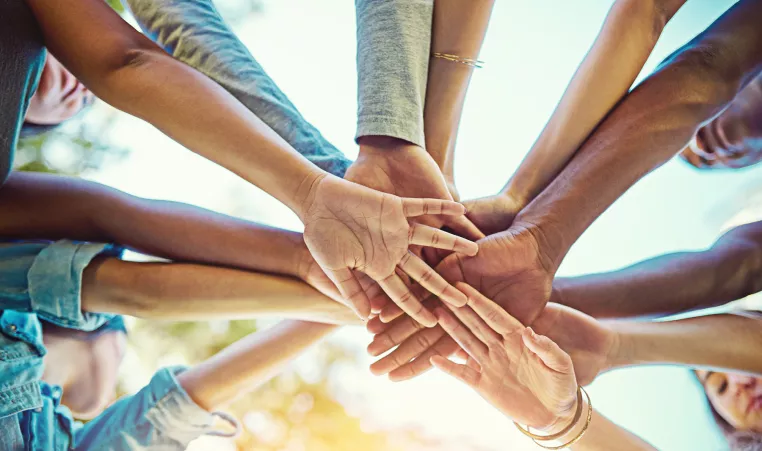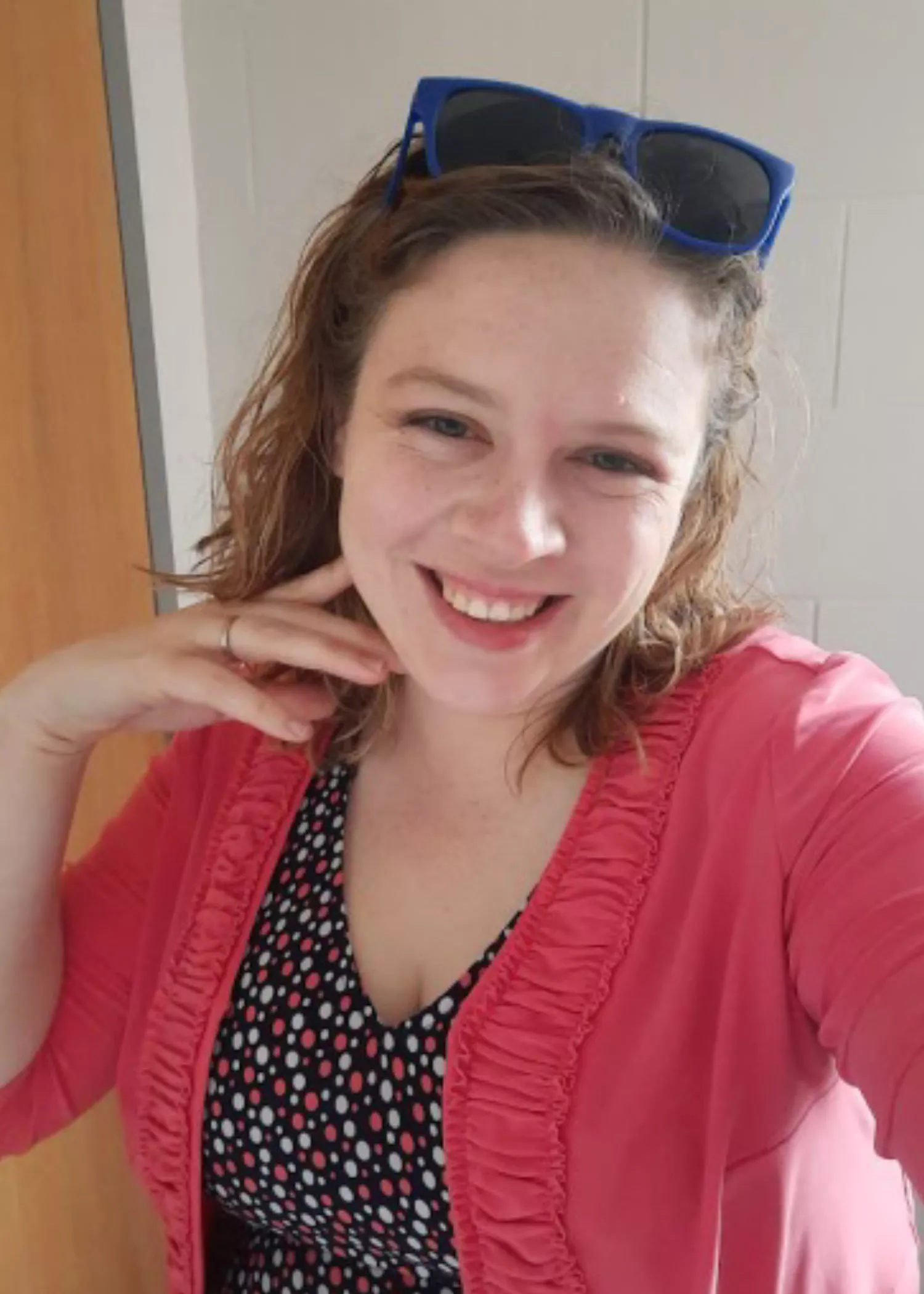
Unity in a time of Division
I sit now at my desk, finally putting pen to paper on a topic that is near and dear to my heart after weeks of dismay over feeling uncertain I had the capacity to capture my thoughts accurately and completely to an audience and peer group I am still new to, and I turn my eyes to a photo frame sitting on my desk. Framed in wood is one of my favorite pictures from my wedding from just last year. The feeling of being surrounded by my closest friends and family, coming together to celebrate the unity of our lives in that single moment under the hot summer sun is still fresh in my mind. I spoke at length leading up to that day about what unity meant to me—how I wanted to have my family present, regardless of our differences in beliefs, how I wanted to extend invitations to those who may have done me wrong in the past, and how at the end of the day I craved for the celebration of our unity to not only be about the joining of the two of us, but instead the joining of every intersection of our lives in true, unadulterated love.
Ultimately, isn’t bringing unity to the forefront of our lives and communities what should drive us? The power of a people together is more than the capability of the individuals, after all. As we raise up the individual, we raise up every person around us through strengthened bonds, inclusion, and understanding.
That is not to say, however, that there are not groups in this world that seek to tear others down, nor people who seek to do harm. If our goal is truly to bring others up and to create lasting bonds of unity in our communities, it is important to view those groups in a critical light and to know if their goals and intentions line up with the betterment of our world and the people within it, or if they do not.
The world around us, with particular ferocity in the past few years, has been screaming at us to build ourselves up at the cost of tearing others down—to relish and find dissonance in our differences and to think of our own successes as being worth more than the successes of our community. Every day that passes, divisions are being driven in our communities, in our towns and homes. News channels and social media blast at full volume towards us from all directions, filling our evenings with every possible reason in the world to hate the people around us—neighbors, family members, strangers, and close friends. Why, they ask us, should we be expected to endure hardship or inconvenience for the sake of someone else? Their words seep into our lives, infecting every part of us, telling us that we are better than our neighbor, that our friends are in the wrong, or that the person on the other side of the screen is our enemy.
From the year 1961 to 1989, the Berlin wall encircled West Berlin, separating those within its walls from family members, workplaces, friends, and the outside world. This wall, at its core, was designed to destroy communities in the city of Berlin. The citizens of West Berlin suffered for years. Despite the efforts of causes and people working against them though, they sought to reunify their community, end suffering, and remove the barriers—physical and political—that kept them down. President Regan, in his famous address at the Brandenburg Gate in 1987 said this:
“Standing before the Brandenburg Gate, every man is a German, separated from his fellow men. Every man is a Berliner, forced to look upon a scar (…) As long as this gate is closed, as long as this scar of a wall is permitted to stand, it is not the German question alone that remains open, but the question of freedom for all mankind.”
The Berlin wall, though physical, was a symbol of the separation of a community, a symbol of anger and frustration, war, suffering, imbalance, and struggle. Through unity, though, the world lifted up the citizens of West Berlin and recognized their plight—they recognized that the problems the West Berliners were facing were not just their own, but were a question of human rights, freedom, and peace for the world and all of mankind.
Though celebrated at different times of the year in many parts of the world, in the United States, the month of June is recognized as a month of celebration, remembrance, and memorial for LGBTQIA+ communities. Though the roots of the movement go back much further than the first “declared” pride month in 1999, and further still than the Stonewall riots in June of1969 wherein Martha Johnson made action to fight against the proverbial Berlin Wall of her own community. Pride month today, though still a time of remembrance, has transformed into a celebration of unity, togetherness, and progress. Though there are still people in this world who seek to build walls around the communities it celebrates, we know that our world is stronger when we act inclusively and when our doors are open to all, so that everyone has the opportunity to thrive.
My call to you is this: Even when it feels like the universe is at our backs, goading us into anger and frustration, take the time to get to know your neighbors. Meet someone new, hear their story, and appreciate what they bring to the table in this incredible world of ours.
Look for freedom, respect, understanding, and love. Know that the people surrounding you in this world are, at the center of their being, human. We come from different places, cultures, and backgrounds. Recognize our differences and celebrate them. They’re unique to each person, and incredibly valuable. What would this world be if we were all the same? Do not let this world reach out to you and whisper to your heart that what makes us different is bad. Do not let it tell you that the color of a person’s skin, the language they speak, the religion they follow, or the people they love makes a person any less deserving of community, or the strength that humans are capable of creating when we live in unity.
Seek that unity, especially in this time of division.
Christina B.
Our Commitment to Diversity:
The YMCA of Greater Omaha strives to be a diverse and inclusive organization open to all. We are guided by our core values of caring, honesty, respect and responsibility in everything we do and this is highlighted when we welcome all people regardless of ability, age, background, ethnicity/race, faith, gender identity or sexual orientation. The Y believes that, in a diverse world, we are stronger when we are inclusive, when our doors are open to all and when everyone has the opportunity to learn, grow and thrive.
